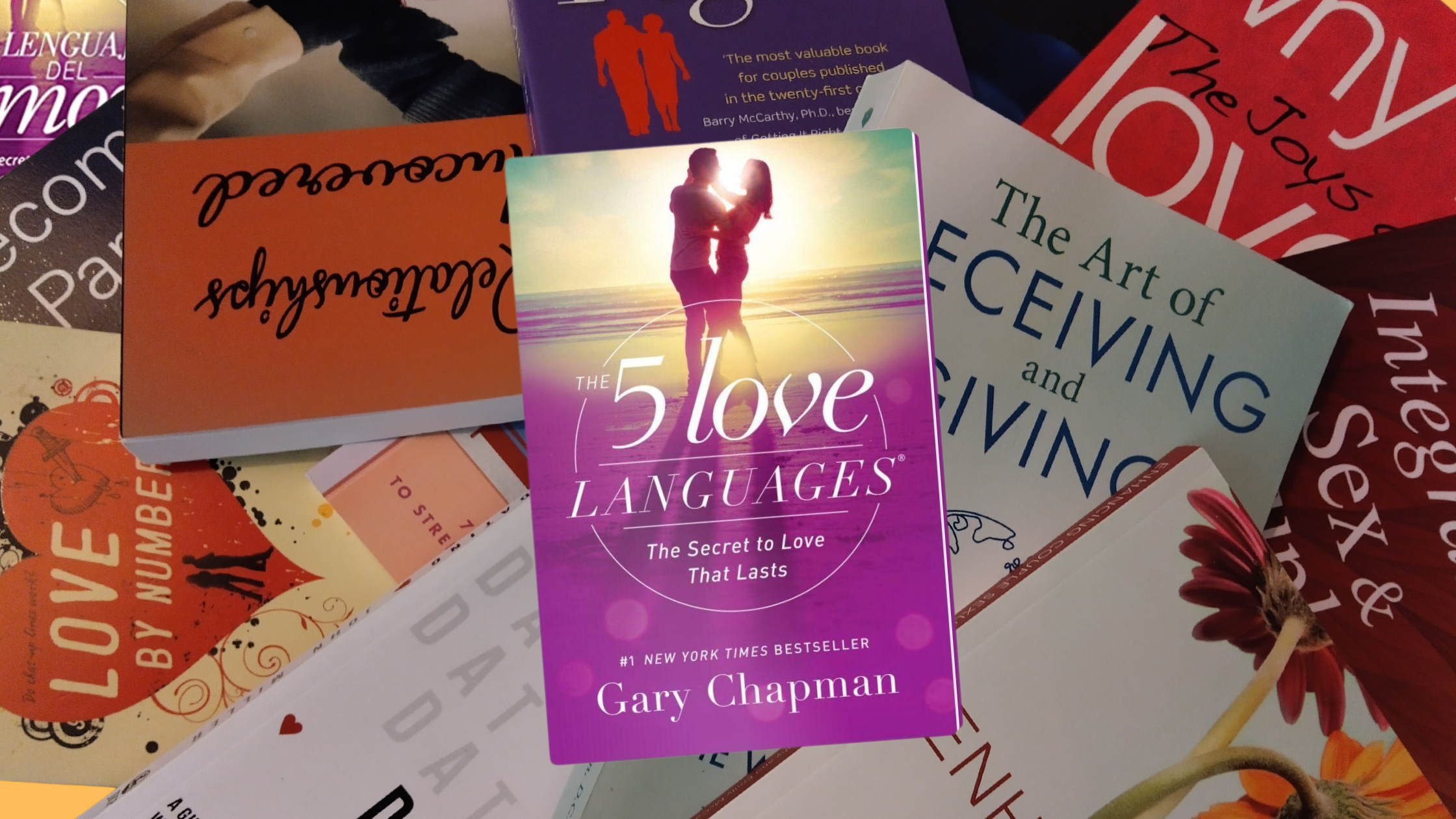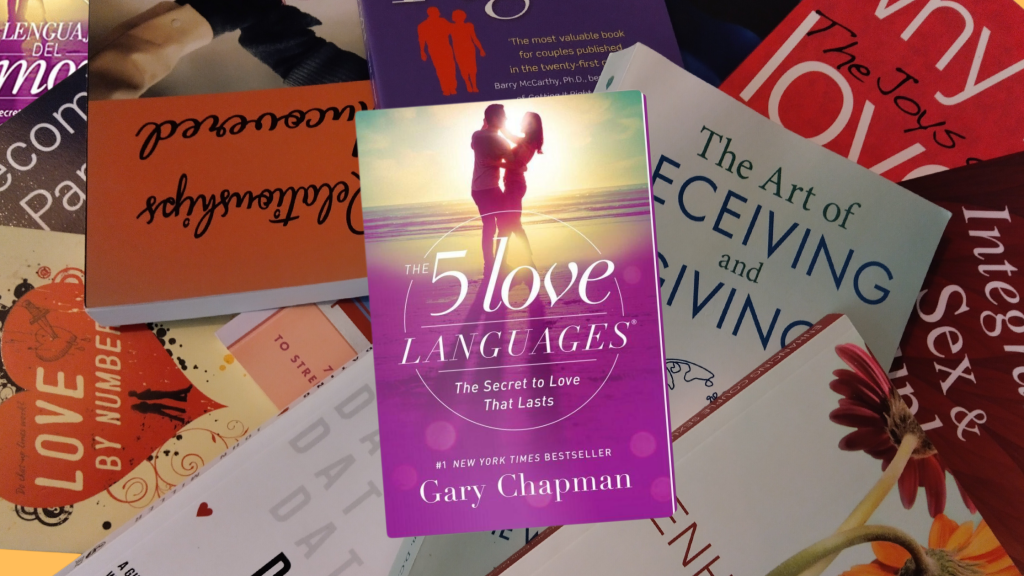Have love languages become lost in translation?


Has communicating love always been this hard?
How to communicate love is one of the biggest relationship struggles out there that many individuals experience. With many trying to crack how to communicate love, theories such as Love Languages have been formed over time.
Gary Chapman’s theory and popular book Love Languages published in 1992, has helped many couples find how to communicate in their relationship better. Chapman narrowed down communication styles into just five categories to reduce overwhelm within relationship communication. Even now, 30 years on, Chapman’s love languages are still being used by couples.
Nicky Wake Relationship Expert and founder of Change2 explains the 5 love languages
Gifts
Some people express through gift giving, whether this is small tokens such as flowers and chocolates or bigger items like jewellery.
Acts of service
For some people, ‘actions speak louder than words’. Act of service are for people who demonstrate their affection with thoughtful gestures, this can be looking after you when you are ill, making your bed or cleaning your house. This can include anything that shows the person has thought about you and considers what makes you feel appreciated.
Words of Affirmation
This is what people typically think of when the term ‘love language’ springs to mind. This is for people show their love with words. They aren’t afraid to tell you that they love you and are always the first to congratulate you, give you compliments, and remind you of your worth.
Quality Time
For people who prefer quality time, they would rather their partner shows affection by spending meaningful time together. This can anything from coffee dates, cooking together or even just getting cosy on the sofa with a film. Time together shows that they care.
Physical Touch
People who prefer physical touch express their emotions with human contact, this can be hugging, kissing or even sex. For some people, the bond of being physical with each other is the most powerful.
Many claim these five styles of communication still aren’t enough. Research by Pärttyli Rinne from Aalto University, Finland using ways for participants to map emotions with body sensations, revealed that humans are able to express and receive 27 different ways of love through communication. Opening up more ways partners can connect in their relationships than the previous 5 love languages.
Times have changed, and people are looking to explore more than just heterosexual relationships which Chapman based his love advice on.
“Gary Chapman didn’t have much expertise, or professional understanding of human interaction, it was more just based on his work as a Christian marriage counsellor.
There is some value in love languages like as a starting point, or at least a conversation starter, to try and understand how we can love each other better and build more connection. But it’s very much rooted in one type of relationship.” shares intimacy coach Oli Lipski, who often finds these forms of relationship scripts are what clients need to break away from to be able to communicate love.
With new ways to explore and communicate love languages, I asked relationship experts for their advice.

Allow for Change
“Additionally, our love languages can change over time, if you and your partner are starting to become flagged down with more work in your professional life, you might find that quality time becomes more important for you”, shares Wake.
How we love can change over time, and can be affected by various things such as family, and career.
Avoid making them conditional
Love Languages can come with expectations and feel conditional, Lipski shares an example, “Expectations of, sexual touch, and [feeling] it’s your obligation to fulfil these kinds of things within a marriage.”
Wake agrees that Love languages could lead to expectations and this may also lead to “scorekeeping” which may not always be a fair representation of the overall relationship, “If someone’s love language is words of affirmation, but they are experiencing a personal struggle, it’s only natural that they will be less expressive than what they usually are.”
Some days some love languages may not be on the cards.
Treat them as a relationship reminder
It can be easy to forget to communicate things within a relationship, and this is where Love Languages can help, according to Georgina Sturmer MBACP registered Counsellor, “It reminds us of the importance of communication. Sometimes we expect our loved ones to be mind readers. This sets us up for disappointment or frustration if they don’t offer us what we seek.
It also helps us to notice when our partner is making an effort, and we are failing to appreciate it because they haven’t quite delivered on something that really is our Love Language.”
Ask Yourself Questions
It’s not all about just finding out your partner’s love language, but learning about your own can help you set relationship goals and boundaries. “How can I understand you better so I can gift you love, right? What is it about love that you enjoy? What is it that makes you happy and makes you fulfilled?” shares Lipski.
Even those dating can benefit from asking questions about love languages, Wake says, “While love languages should never be the make or break of any relationship, if you are single and entering the dating scene for the first time in a while, it can be nice to enter the dating scene with some kind of idea to what you want.”
Remember everyone is different
Having matching love languages doesn’t guarantee relationship success and relationships which are mismatched can still work. “We don’t need to have matching Love Languages in order to make a relationship work.” Sturmer believes that curiosity is what’s important in making a relationship work, “if we are curious about each other’s preferences, it’s likely that we’ll find it easier to show our affection and to feel appreciated by each other.”
Lipski agrees “Being inquisitive about other people, not assuming that are maybe, because you like a love language, they also might like that one.”

Watch a quick video on love languages by Ness Cooper
